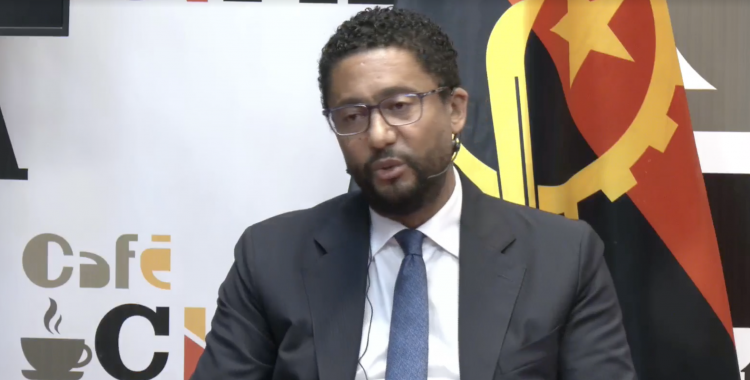Therefore, as part of the implementation of the plan, it is expected to accelerate the training of primary education teachers, increasing from 21,500 to 149,100 by 2037.
Furthermore, the person in charge, cited by Jornal de Angola, said that the Angolan Human Capital Development Plan 2023-2037 – approved last month – also foresees an increase in the number of early childhood educators from 13,300 to 34,900.
In his intervention, he also mentioned other planned goals: expanding the participation rate in technical-vocational education, from 10.9 percent to 15.6 percent; increase the participation of the economically active population in professional training from 0.5 percent to 1.25 percent; increase the proportion of graduates in public administration (from 31.9 to 45.1 percent) and also increase the number of entrepreneurs with basic initial training to 210,200 by 2037.
According to him, the implementation of actions aimed at achieving these results will be carried out jointly by ministries and sectors, with initiatives that will help and ensure that the programs are implemented more quickly.
This edition of CaféCIPRA was under the theme "Formation of Human Capital in the Country and in the Best Universities in the World: Goals and Results" and was also attended by the ministers of Higher Education, Science, Technology and Innovation, Maria do Rosário Bragança, from Public Administration, Labor and Social Security, Teresa Rodrigues, and from Education, Luísa Maria Grilo.







